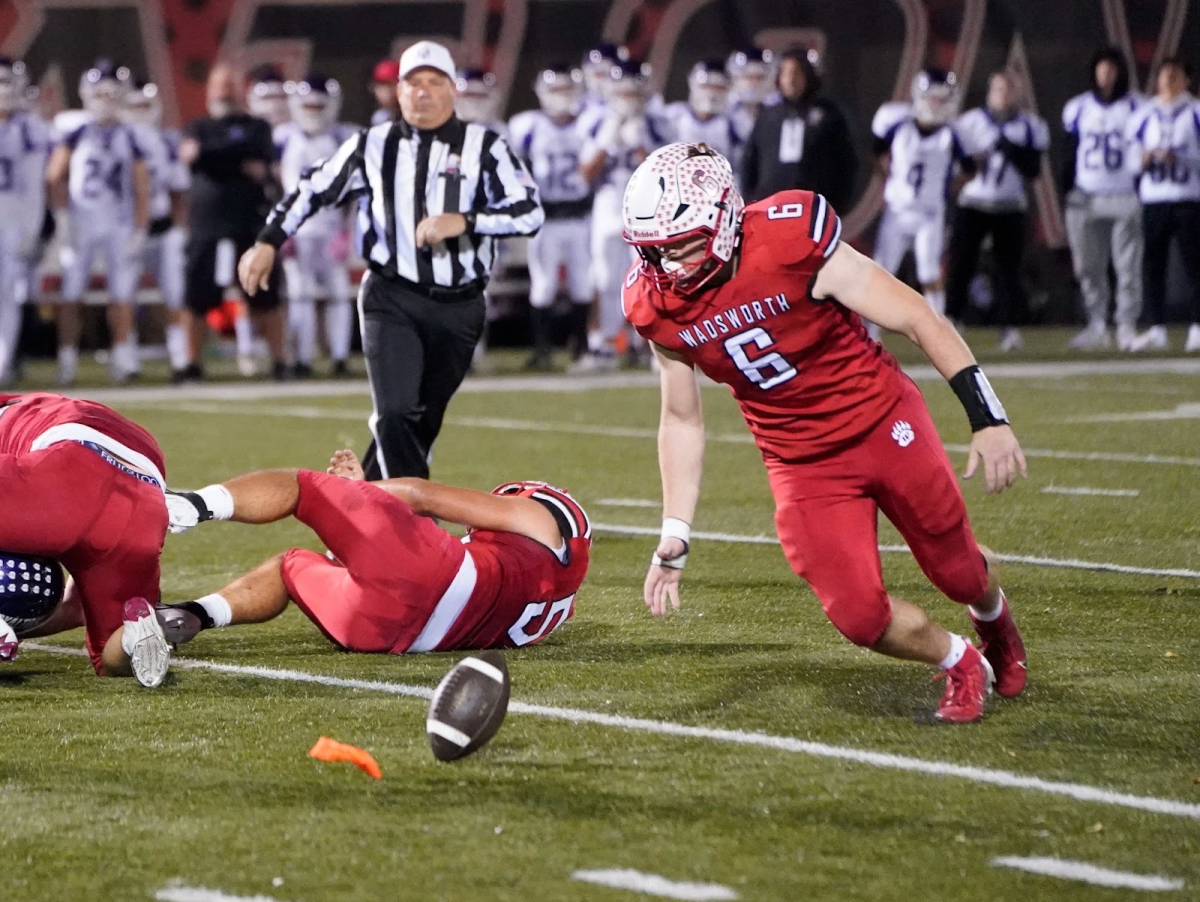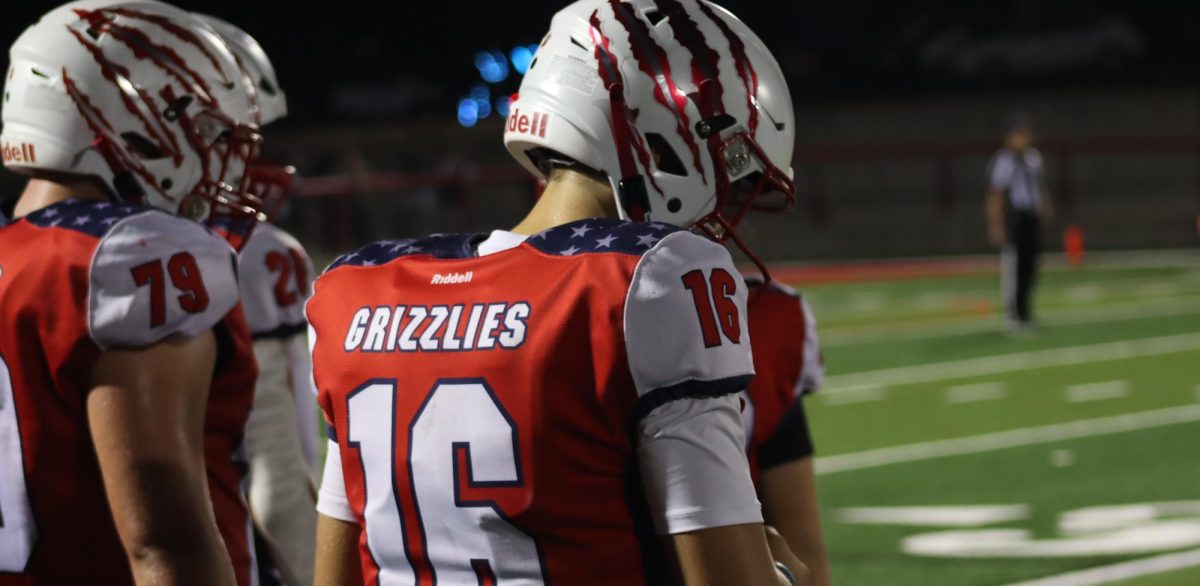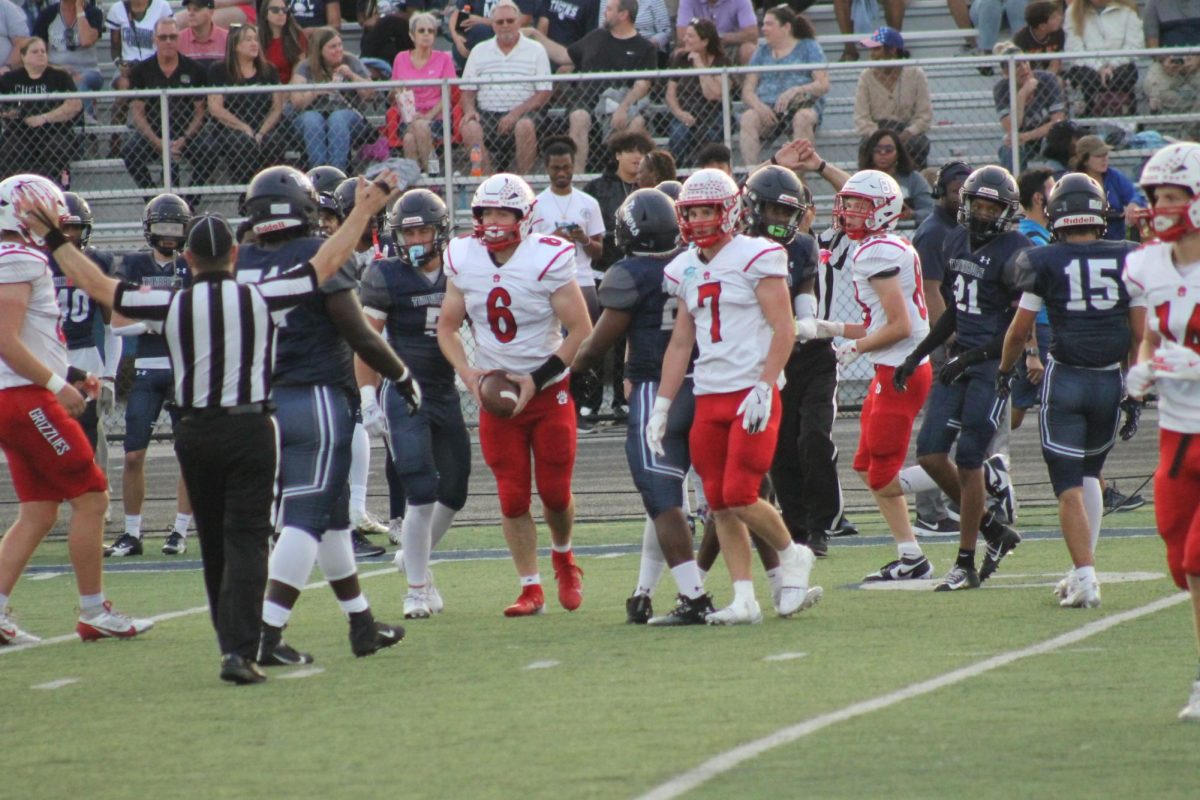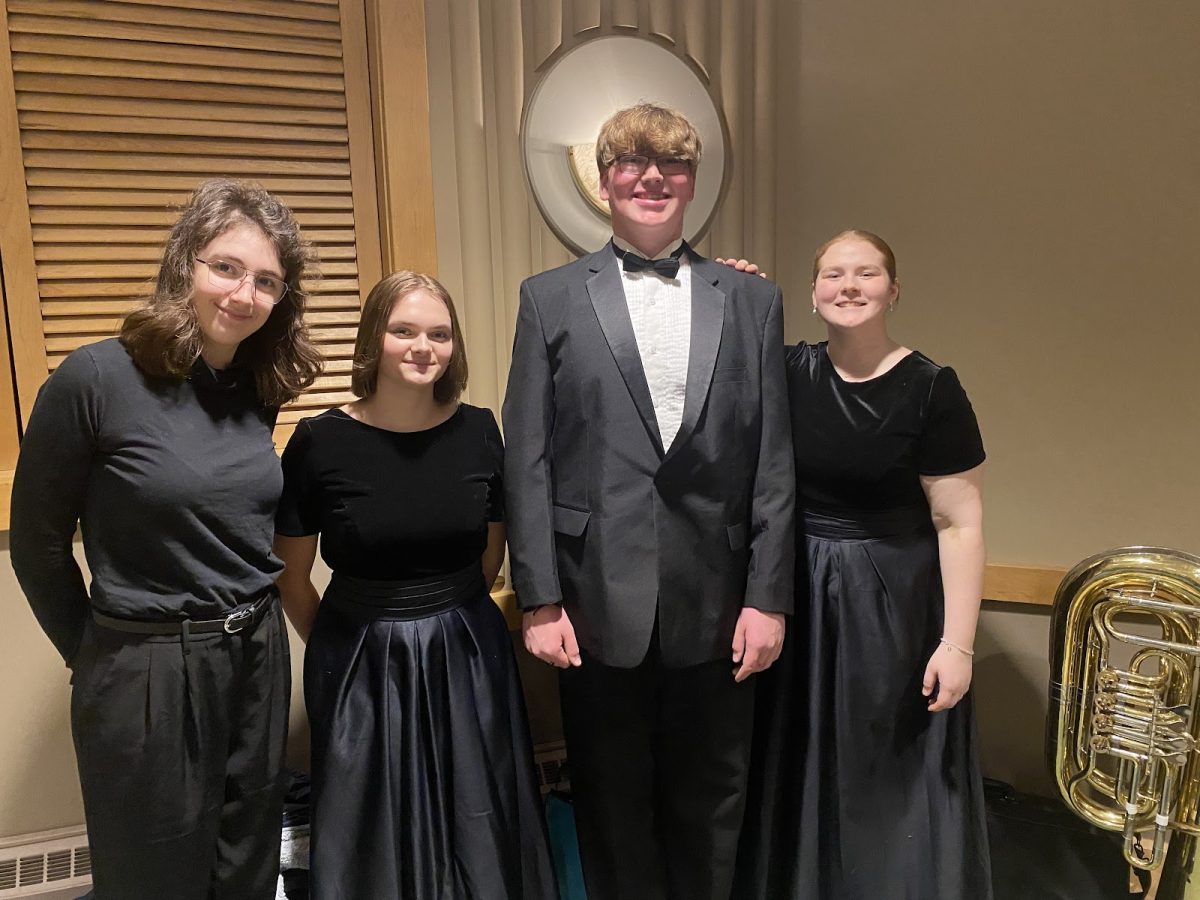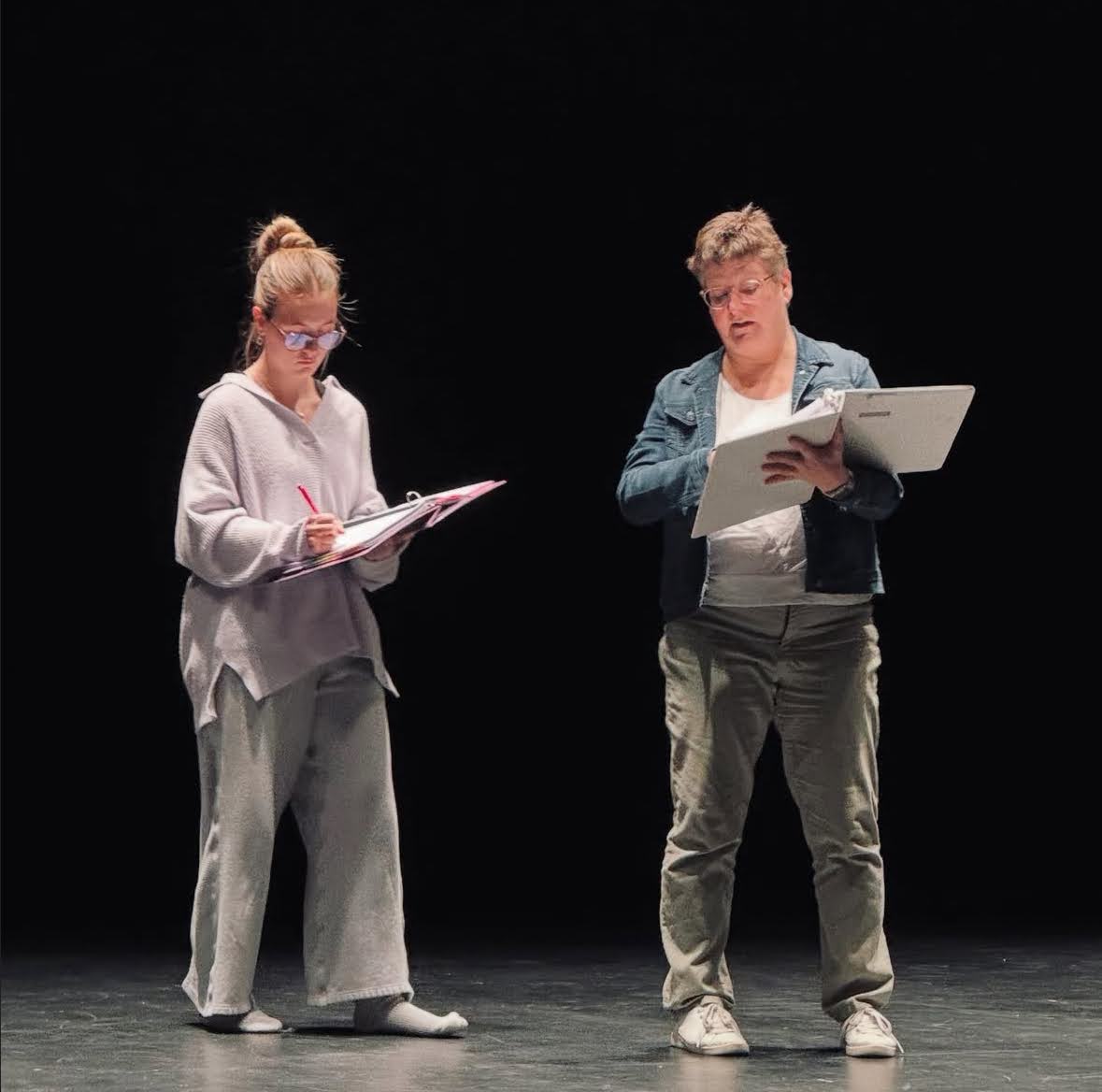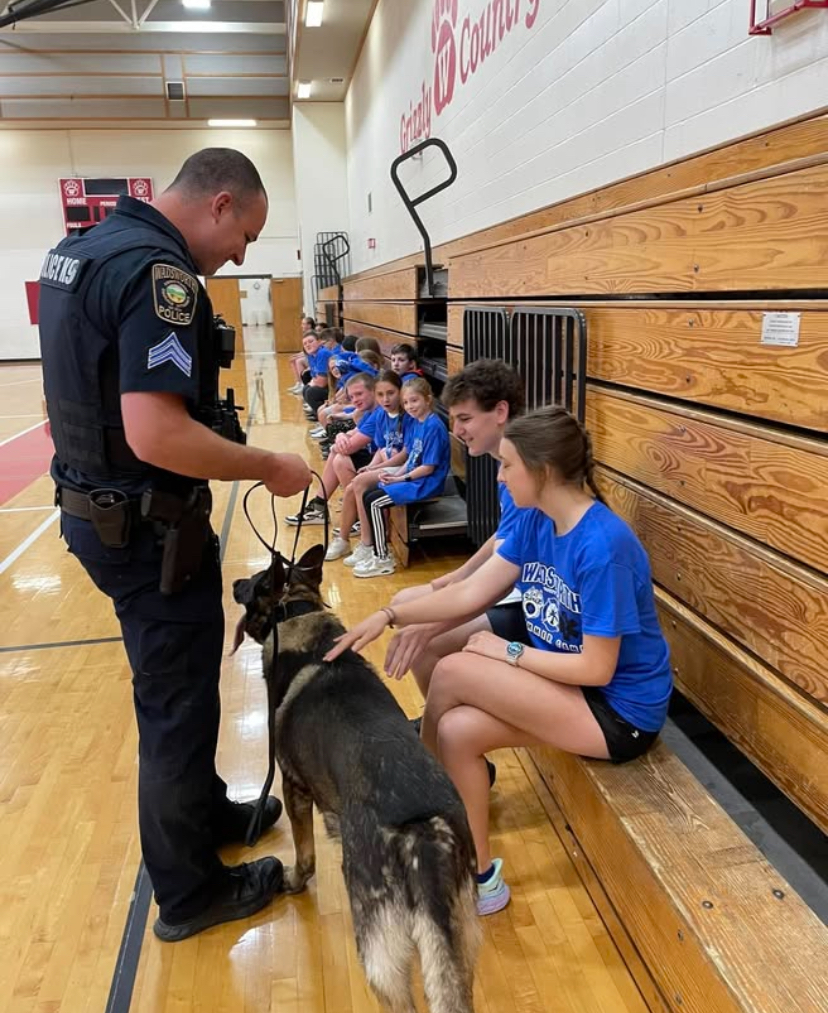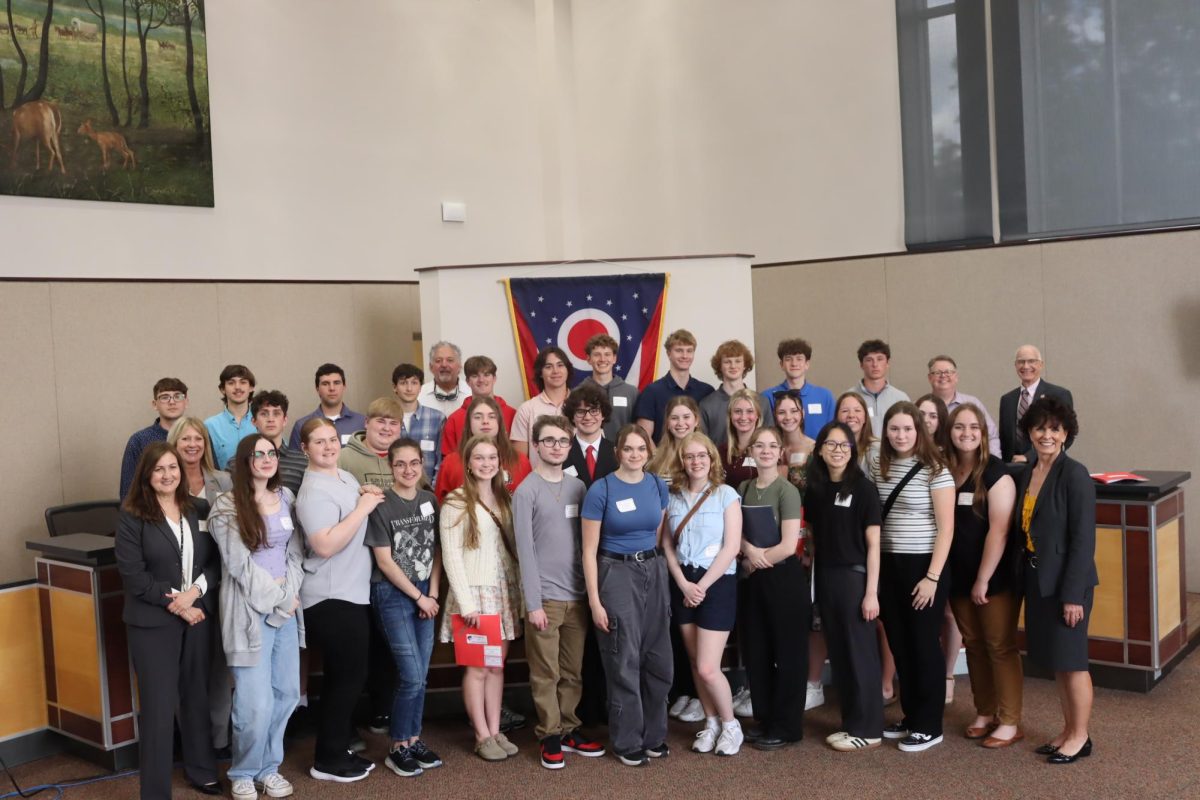BY ANDREW CLARK
With the Coronavirus spreading throughout the country with great speed, Ohio has been taking precautions to slow the pandemic and protect its citizens.
Governor Mike DeWine has made some major decisions over the last few weeks that has changed the way life moves in Ohio. As of Tuesday, March 17, all public and private schools were forced to close for three weeks on orders from the governor.
“I no longer leave the house to do anything other than walk my dogs and drop off prescriptions to my grandmother every once in a while,” said Ian Marshall, a senior at Wadsworth High School. “ I miss being physically present within the classroom. Though online schooling is sufficient, it lacks in personality and community. Not in my wildest dreams did I think that I’d be (most likely) finishing my senior year online.”

Groups of more than ten were prohibited soon after, causing sporting events and other forms of mass entertainment, such as concerts, to stop.
“The season is postponed, and I cannot train with my teammates or coaches and that really has thrown off my rhythm and motivation,” said Robby Kellner, a junior running track. “I continue to work out with what my coach has left me with.”
As the U.S. gained more information on the virus, Ohio continued to restrain public contact, restricting restaurants to only carryout and drive-thrus.
Travel bans were put in place encouraging people to stay home unless it is absolutely necessary. This could be for grocery store trips, pharmacy visits, bank transactions or traveling back to Ohio.
Currently, Ohio’s government is turning their full attention towards this pandemic and have focused the legislation on attacking the virus. This includes putting a limit on abortion to keep as many hospital rooms open as possible and an emergency relief bill to help protect the wellbeing of Ohioans during this pandemic.
The bill, passed on March 25th, will stop public water disconnections, and will waive unemployment eligibility’s first-week waiting period along with making eligibility available to Coronavirus related unemployment. Unemployment has seen a massive increase since the closing of schools and businesses started. Before the closing there were only 7,042 unemployment claims compared to the now 187,780 total claims as of March 21. Unemployment in the U.S. has climbed to 3.28 million claims. The previous high was in October 1982 with 695,000 unemployment claims.
This bill will also waive state testing for K-12 students allowing seniors to graduate if their school deems them worthy, and allow school lunch programs to continue to deliver meals to students and make teacher to child ratios larger at child care centers.
“The meals are picked up from several locations around the district,” said Wadsworth High School Principal, Steve Moore. “The high school, Lincoln Elementary, Franklin Elementary, the Salvation Army, and the Garage are some of the locations. Students and families signed up for them at the beginning of the school closure but can still come and pick them up if they did not sign up. The administrative team and volunteers prepare the meals and pass them out, and starting on Tuesday, March 31, it is going to be twice a week on Tuesday’s and Friday’s.
Students and families get enough food to last them the week, and the volunteers stay sanitary while passing out the meals.
“The workers follow the guidelines of washing hands and staying six feet apart from each other,” said Moore. “Mrs. Gnap in food service is doing a great job in coordinating the program.”
For those able to vote, DeWine has extended the date of the primaries to April 28. The tax deadline has also been extended to July 15, and expiration dates for licenses issued by state agencies and political subdivisions now have a 90-day renewal window.
The government will not stop operating as online meetings have been permitted for state, county, and local governments as long as the public is aware of them. This also extends to higher education boards.
DeWine is urging for lower spending by state departments. This is due to the outbreak affecting the revenue the state is taking in. Hiring for state government positions has been frozen temporarily, funding for government projects is also being pulled, as well as up to twenty percent budget cuts from state departments.
Ohio is currently trying to define what a necessary business is. Businesses staying open deem themselves as such, but the government is defining the concept of necessary to close the extra businesses that should not be open at this time.


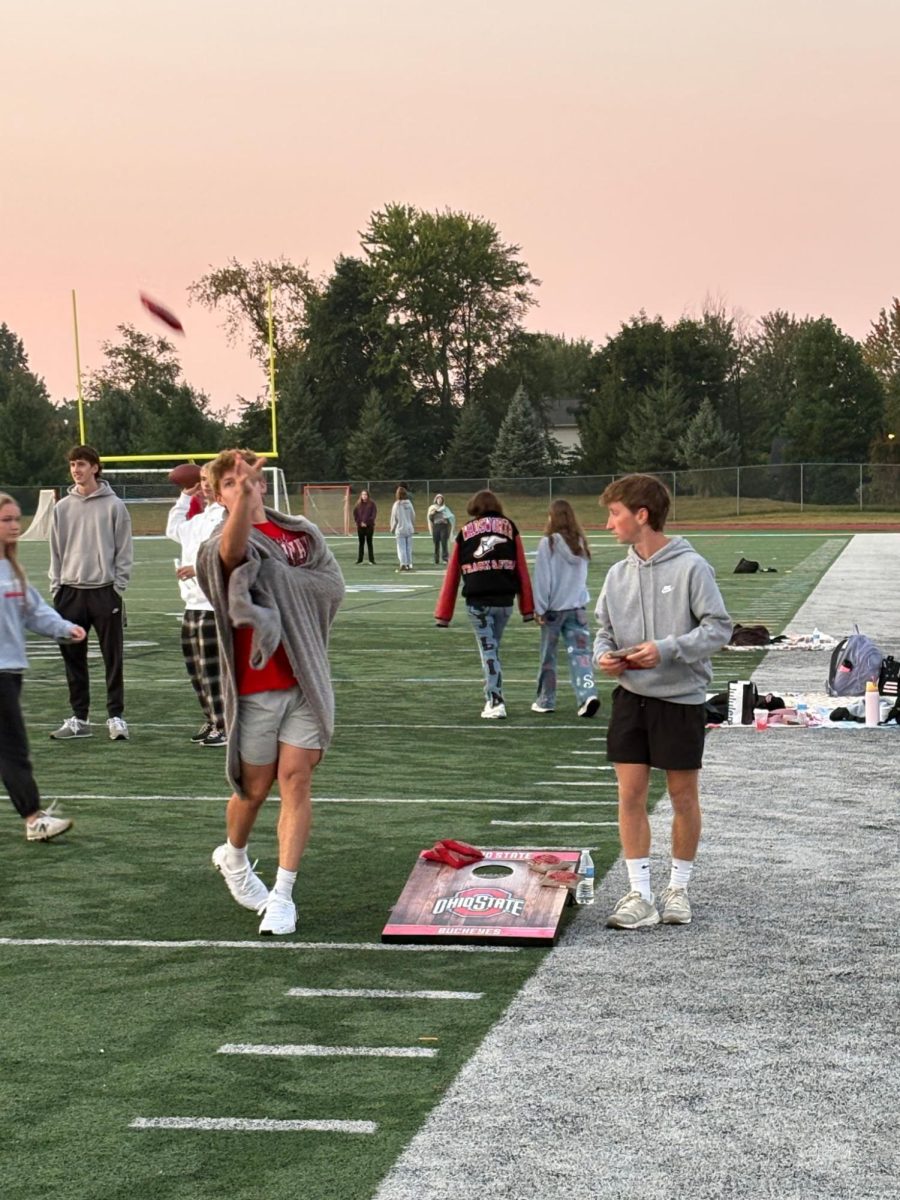

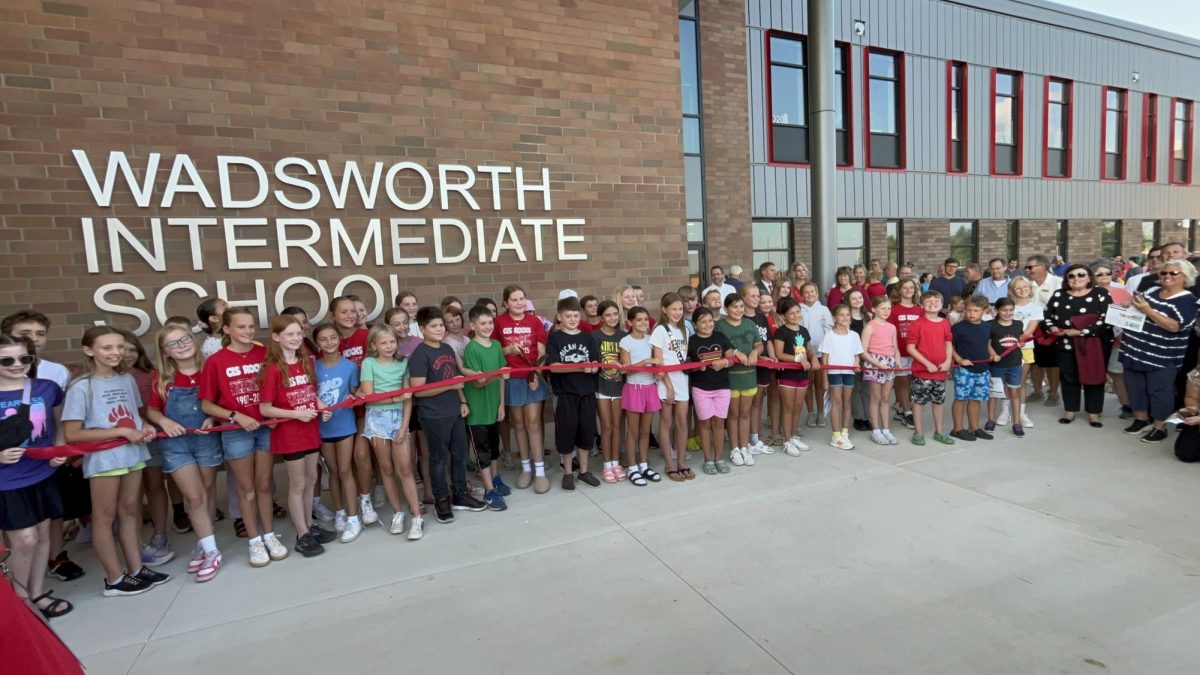
![Wadsworth's Class Of 2025 Walks At Graduation Ceremony [Photo Gallery]](https://wadsworthbruin.com/wp-content/uploads/2025/05/IMG_9018-1-1200x800.jpg)
